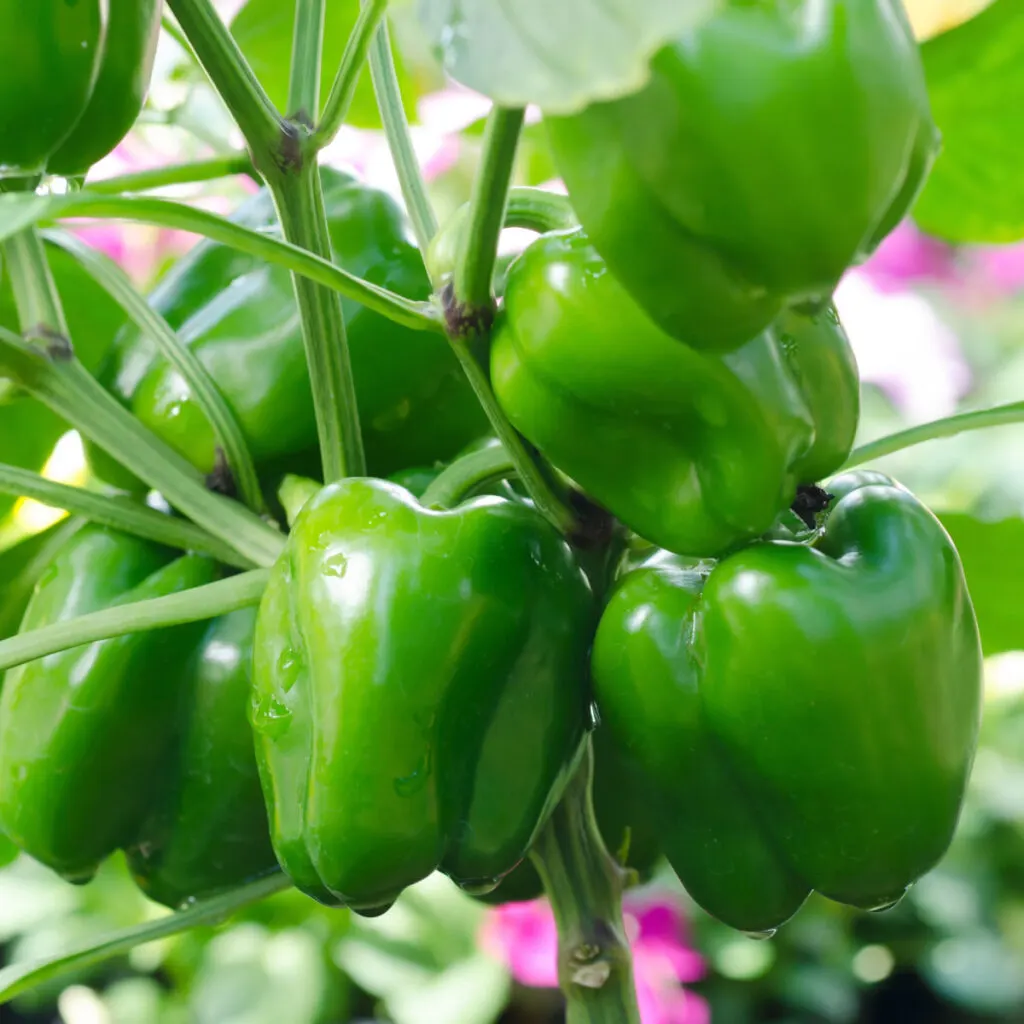Discover the Best Fertilizers for Peppers: Top Picks for Optimal Development
Discover the Best Fertilizers for Peppers: Top Picks for Optimal Development
Blog Article
Organic Vs. Synthetic Fertilizers: Which Is Best for Nurturing Healthy Pepper Plants?
In the world of supporting healthy and balanced pepper plants, the selection in between synthetic and organic fertilizers stands as a critical choice with significant ramifications. While both choices objective to give important nutrients to support plant development, the subtleties of their effect on the soil, plant health and wellness, and the atmosphere stimulate an argument that echoes throughout the gardening neighborhood. Comprehending the distinctive benefits and potential risks of each plant food type is crucial for pepper cultivators looking for to enhance their yields while preserving a lasting and eco-conscious approach.
Advantages of Organic Fertilizers
Organic plant foods use an environmentally-friendly and lasting method to beneficial pepper plants, supplying necessary nutrients without using artificial chemicals. These natural plant foods are obtained from natural sources such as garden compost, manure, bone dish, and seaweed, advertising dirt health and biodiversity. Unlike artificial fertilizers, natural choices release nutrients slowly, ensuring a stable and balanced supply for pepper plants to grow.
One significant advantage of natural fertilizers is their capability to boost soil structure and water retention. By boosting soil health and wellness, natural fertilizers advertise valuable microbial activity, which helps in nutrient uptake by pepper plants. In addition, organic fertilizers lower the risk of chemical run-off, safeguarding water resources from air pollution and securing the environment.
Additionally, natural plant foods add to long-lasting dirt fertility by promoting the development of valuable soil microorganisms. These organisms assist damage down raw material, launching nutrients in a form that is conveniently available to pepper plants. best fertilizers for peppers. By cultivating a healthy soil community, natural fertilizers support lasting pepper farming methods that profit both plants and the setting
Downsides of Synthetic Plant Foods
Artificial plant foods, in comparison to their natural equivalents, posture various disadvantages when used to nourish pepper plants, impacting both plant health and ecological sustainability. One significant disadvantage of synthetic fertilizers is their tendency to seep nutrients from the dirt swiftly.
Additionally, the overuse of artificial plant foods can add to water contamination. Excess fertilizers not absorbed by plants can remove right into water bodies, bring about eutrophication, where algae blossoms deplete oxygen levels in the water, damaging marine life. In addition, artificial plant foods are usually stemmed from non-renewable sources, such as nonrenewable fuel sources, adding to carbon exhausts and ecological deterioration throughout their manufacturing.
Nutrient Absorption Contrast
When contrasting synthetic and organic fertilizers in terms of nutrient absorption, organic fertilizers have the advantage of giving a more well balanced and slow-release resource of nutrients. Organic fertilizers contain a range of macro and micronutrients that are not only helpful for the plants but additionally advertise healthy soil visit here microbial task, which assists in nutrient uptake.
Furthermore, natural plant foods improve dirt structure and water retention capability, enabling pepper plants to access nutrients more efficiently. This improved soil quality facilitates origin advancement, making it possible for much better nutrient absorption. Synthetic fertilizers, although originally increasing plant development due to their high nutrient concentrations, might prevent long-lasting nutrient absorption by degrading soil health and wellness over time.
Environmental Influence Factors To Consider

On the other hand, synthetic fertilizers, although often more instantly offered and concentrated to plants, can have detrimental results on the atmosphere if not used properly (best fertilizers for peppers). Their manufacturing needs high power inputs, leading to greenhouse gas emissions and adding to environment modification. The drainage of excess artificial plant foods can pollute water resources, leading to eutrophication and harming marine communities.
Ideal Plant Food Practices for Peppers
When feeding pepper plants, enhancing nutrient uptake and lessening ecological influence are crucial considerations. To accomplish this, it is important to comply with best fertilizer methods tailored to the certain demands of pepper plants. One important practice is to perform a soil test prior to applying any plant foods. This examination can determine the pH degree of try this website the dirt and determine any type of nutrient shortages, directing you in choosing one of the most suitable fertilizer formulation.
Another essential technique is to fertilize pepper plants at the right time. Typically, peppers take advantage of obtaining fertilizer at growing and then once more when they start to blossom. Over-fertilizing can bring about nutrition discrepancies and harm the plants, so it is vital to comply with advised application prices.
Furthermore, picking a well balanced plant food with an NPK proportion that fits pepper plants' needs is basic. Organic plant foods, such as garden compost or manure, can be superb selections as they release nutrients slowly and enhance soil structure with time. However, synthetic plant foods can give a fast nutrient increase when required. Ultimately, integrating natural and artificial plant foods judiciously can aid nurture healthy pepper plants while decreasing ecological influence.
Final Thought

Organic fertilizers supply an environmentally-friendly and lasting method to nourishing pepper plants, supplying essential nutrients without the usage of artificial chemicals. Unlike synthetic fertilizers, natural options release nutrients gradually, making certain a consistent and balanced supply for pepper plants to grow.
Artificial fertilizers, in comparison to their organic equivalents, posture various drawbacks when used to nurture pepper plants, impacting both plant wellness and ecological sustainability. When contrasting artificial and natural plant foods in terms of nutrient absorption, organic plant foods have the advantage of offering a much more balanced and slow-release resource of nutrients.In addition, natural plant foods improve dirt structure click over here now and water retention ability, enabling pepper plants to accessibility nutrients extra efficiently.
Report this page